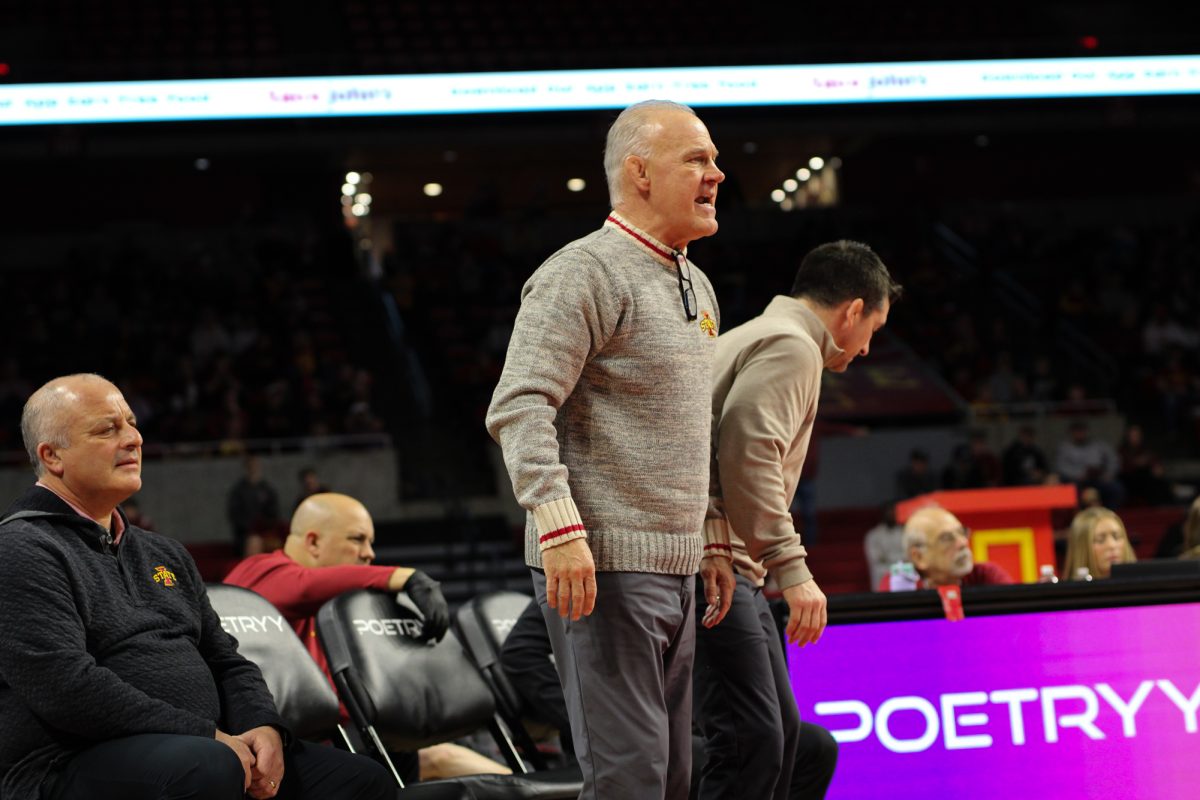Borlaug still working; lecture targets youth as tomorrow’s leaders
July 1, 2004
Even at the age of 90, Norman Borlaug is still working for change.
Borlaug, who was the recipient of the Nobel Peace Prize and the Presidential Medal of Freedom — the highest award given to civilians — spoke Tuesday about the dangers of apathy and complacency among peoples of the developed world before a crowded auditorium in Gilman Hall.
“Our generation fails to understand the standard of living we enjoy,” he said.
“Young people have to prepare for 10 years from now … they have to think big. Are we in the United States shortsighted enough to believe that we can ever have peace with the suffering, human misery and poverty that is occurring all over the world?”
Borlaug’s lecture was the second of five put on by the Nutritional Sciences Council’s Summer Lectureship, “Meeting Future Global Needs.”
Borlaug, distinguished professor of international agriculture at Texas A&M University, spent much of the first hour of the lecture discussing his role in what has been called the Green Revolution, a movement that developed and implemented agricultural technologies in Mexico and Asia.
Borlaug, who is credited with being the father of the movement, remained modest about his role.
But for his work, he was awarded the Nobel Peace Prize in 1970, followed by the Presidential Medal of Honor in 1977.
“If I had anything to do with this so-called Green Revolution, it was to stimulate cooperation between the leadership of developing countries and the young scientists who were trying to improve food production,” he said.
Much of the rest of the lecture was devoted to what Borlaug said are dark clouds looming over the horizon.
“The biggest challenge right now, socially, politically and economically, is Africa,” he said. “Unless we get some change [in Africa] fast, we will be facing all kinds of problems, all kinds of ‘-isms.'”
Borlaug said one of the easiest solutions to these problems is developing countries’ infrastructures.
“If we put in a road, then schools will pop up all along it — not just one, but many. And we’ll get a bus running up and down the road, and that will improve some of the ethnic problems countries face,” he said.
He also focused on the growing need for collaboration between the sciences and what people perceive to be right and wrong.
“We need to separate common sense from various ideologies of all kinds,” he said.
Borlaug’s stories of growing up in Iowa and his early years of education at the University of Minnesota drew frequent laughs from the audience, but whenever he wanted to emphasize an important point, Borlaug would hammer his fist onto the table.
Rebekah Ritson, sophomore in pre-veterinary animal science, said that Borlaug’s lecture was interesting and inspiring.
“It opened my eyes to a lot of the problems that we are facing,” she said.
By the end of the presentation, it was clear Borlaug was placing the responsibility of change with the younger generation.
“We need young people who are going to be the very best, people who are willing to speak out, new leaders,” he said.






